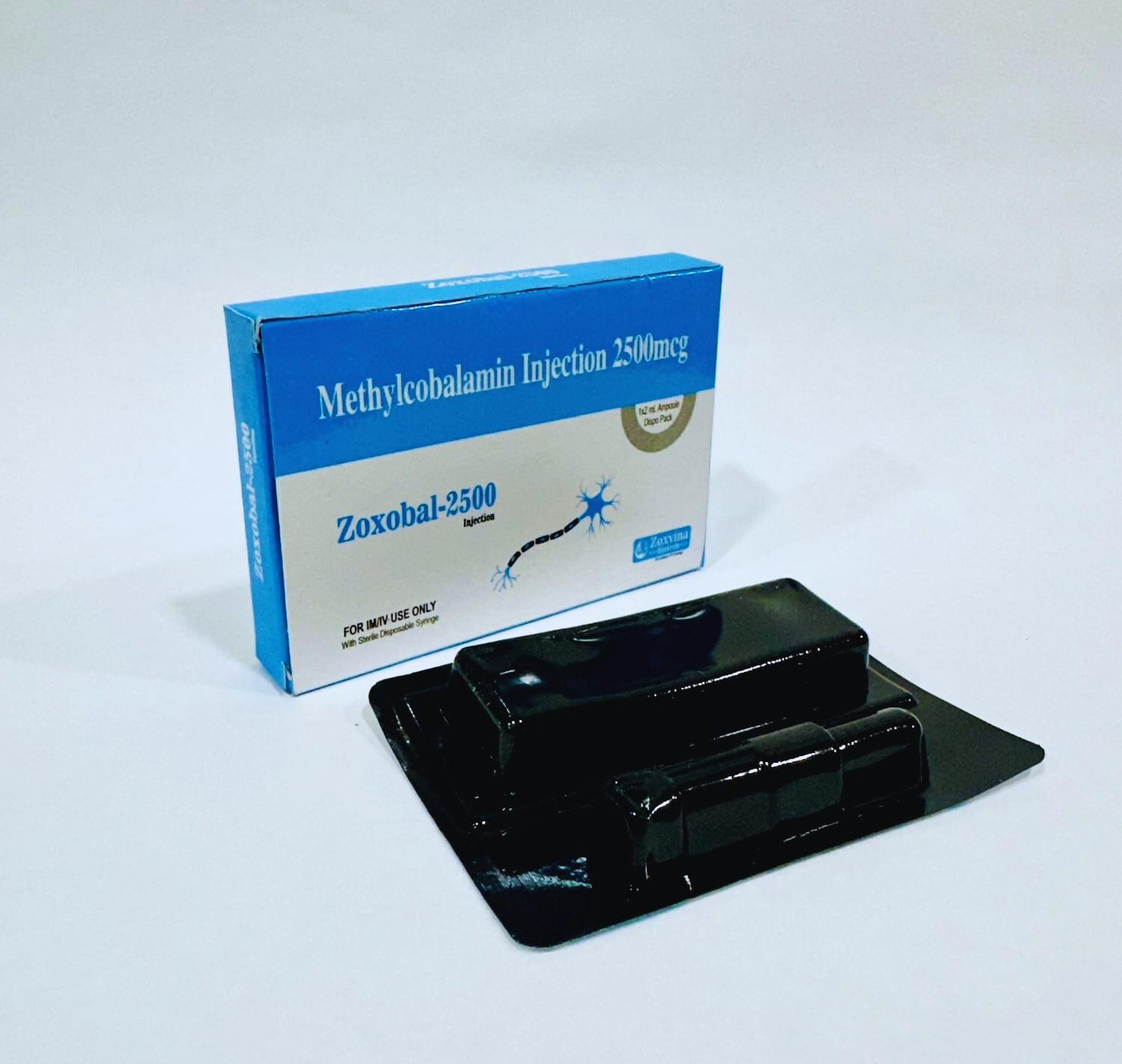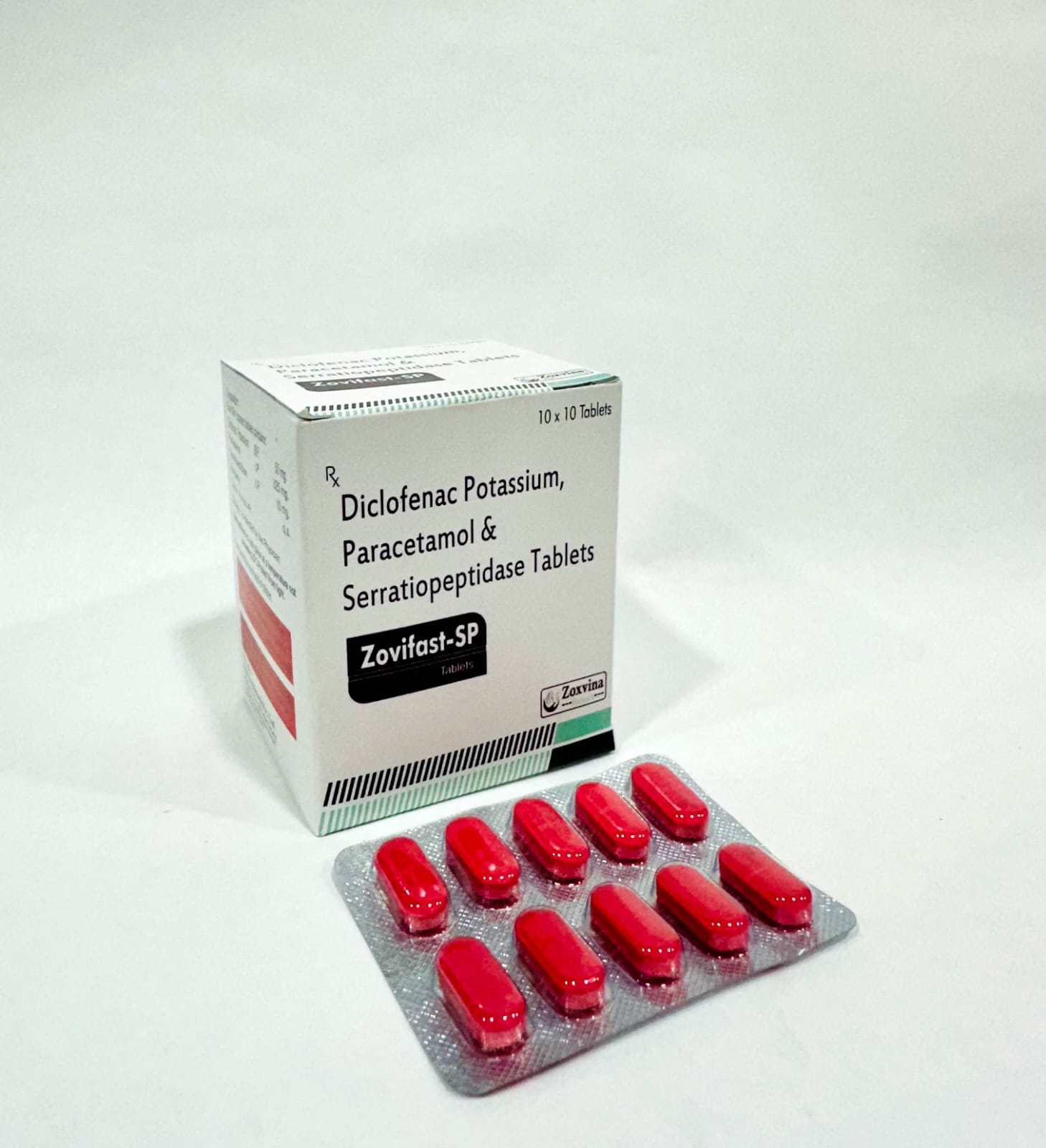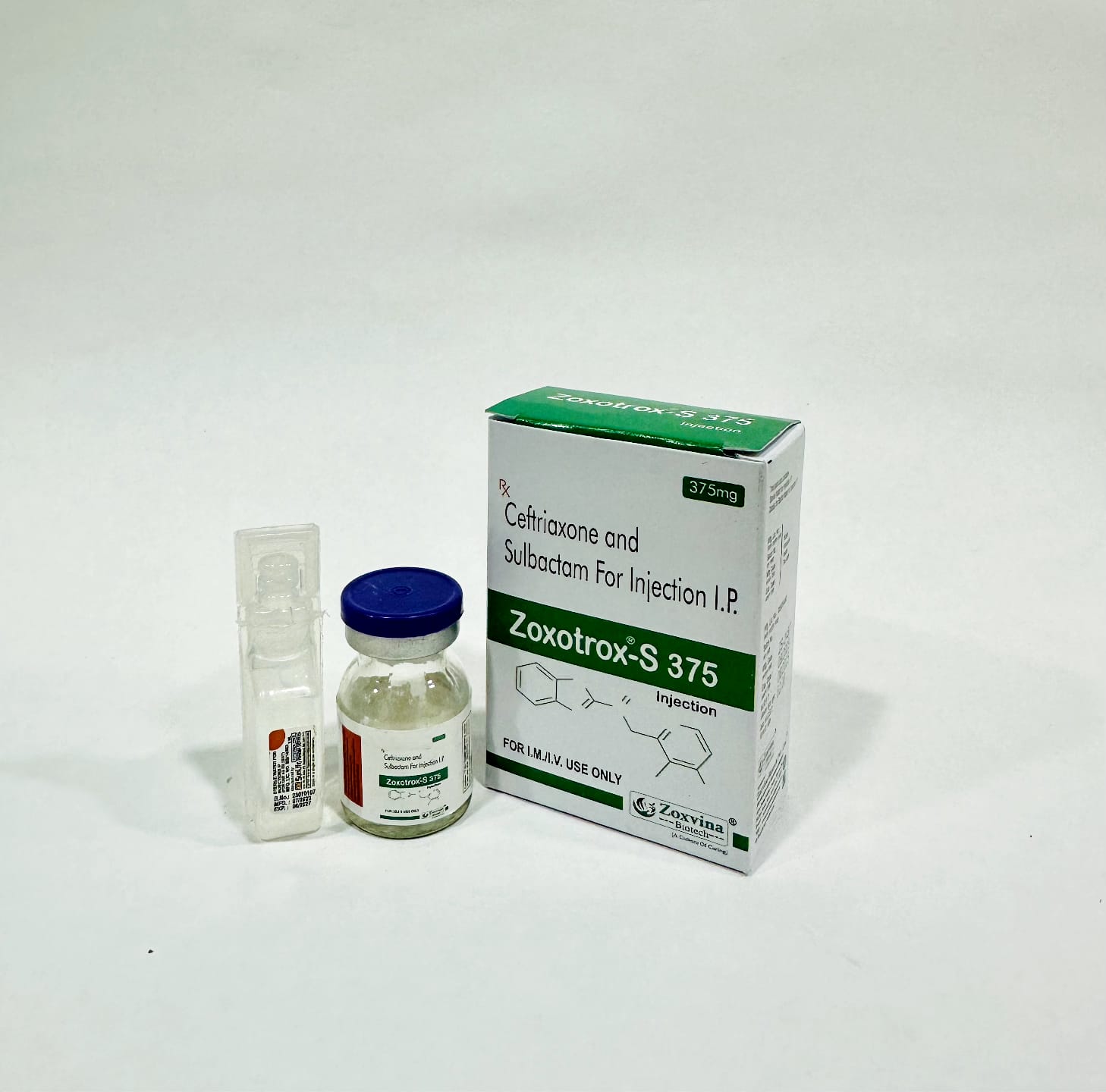Do you feel run-down all of the time? Can you not cope with tingling hands, forgetfulness or mood swings? In case so, your body is probably trying to tell you about the lack of vitamin B12 and methylcobalamin benefits are the form of natural help, you are looking at long last.
Vitamin B12 in the form of methylcobalamin is becoming popular among today people who are concerned about their health, and there is a reason why it is so. Its medicinal potential is difficult to overlook: energy improvement to nerve protection.
In this guide, we will go through what methylcobalamin is, what it is used for, and methylcobalamin dosages, a comparison with other forms of Vitamin B12, as well as assist you in determining whether it is a good fit to promote your lifestyle with. A lot you will relate to whether you are on the run as a professional, vegetarian or a senior citizen.
What is Methylcobalamin?
Methylcobalamin is considered as one of the active forms of vitamin B12 which is a kind of water-soluble vitamin that plays an essential role in the functioning of the brain, production of the red blood cells and maintenance of the nerves. Although there are forms of B12, like cyanocobalamin and hydroxocobalamin, methylcobalamin is always the best option since it is already presented in its usable form in your body.
It does not have to be converted in the liver as in the case with synthetic types such as cyanocobalamin. This implies that it works quicker – good news, and even more so, in the case of people whose liver does not work well or absorb the drugs.
Key Methylcobalamin Benefits
Let us discuss some of the best methylcobalamin benefits you should know. If you’re battling fatigue or in need of better nerve health, this supplement will make you feel your best self once again.
1. Boosts Energy and Reduces Fatigue
Do you feel as if nothing gets you through the day? You’re not alone. Most working individuals experience chronic fatigue, and far too often, the root of the issue is vitamin B12 deficiency.
- Supports the body to transform food into energy
- Assists in red blood cell formation, which stops exhaustion due to anemia
- Ideal for vegetarians and vegans, who do not absorb B12 through diet
By taking methylcobalamin tablets 500 mcg or methylcobalamin 1500 mcg, you may experience a difference in energy within a matter of weeks.
2. Supports Nerve Health
One of the greatest methylcobalamin benefits is its effect on your nervous system. It is especially useful for individuals experiencing nerve damage or pain, including:
- Diabetic neuropathy
- Sciatica
- Numbness and tingling in feet and hands
- Multiple sclerosis (MS) support care
- Methylcobalamin helps to regenerate damaged nerve cells, which relieves pain and improves daily function.
3. Boosts Brain Function and Mood
Struggling with forgetfulness, brain fog, or mood swings? Uses for vitamin B12 include the following for mind and emotional well-being:
- Increases concentration and memory
- Reduces symptoms of depression and anxiety
- Slows mental decline in elderly
- For students, elderly, or anyone with high-level mental work, this can be a lifesaver.
4. Maintains Heart Health
Elevated homocysteine levels — an amino acid — are linked to heart disease. Methylcobalamin controls these by ensuring proper methylation within the body.
5. Enhances Quality of Sleep
Others cite quality sleep following steady intake of methylcobalamin tablets 500 mcg and higher. That’s because this B12 form controls the secretion of melatonin — the sleep-wake hormone.
Methylcobalamin vs. Other Forms of Vitamin B12
There’s often confusion between methylcobalamin and cyanocobalamin, another common B12 supplement. Here’s how they differ:
| Feature | Methylcobalamin | Cyanocobalamin |
|---|---|---|
| Type | Natural, active form | Synthetic form |
| Conversion | No conversion needed | Requires conversion in liver |
| Absorption | Higher in tissues like the brain | Lower bioavailability |
| Common in | Neuro health products | Standard multivitamins |
If you’re looking specifically for methylcobalamin benefits, especially for nerve and brain health, it’s worth choosing this form over others.
Methylcobalamin Dosage for Adults
Adults recommended dosage of methylcobalamin varies according to the condition to be cured and health requirements. Here is an overall guideline though:
- Broad supplementation: 500 mcg every day
- Moderate deficiency 1000 mcg 1500 mcg per day
- Severes or neuropathy: 1500 mcg to 3000 mcg prescribd by doctor
Hint: If you are a beginner in taking supplements, use a moderate dose such as methylcobalamin tablets 500 mcg and gauge the effect it has on your body.
Note: Despite your medical conditions, it is always best to talk to your doctor beforehand when considering taking or altering dosage.
Who Should Consider Taking Methylcobalamin?
Methylcobalamin has its own special benefits among various people. Let us do this in a nutshell:
1. Vegetarians & Vegans
Vegan diets are usually B12 deficient causing exhaustion and nerve problems.
2. Seniors
B12 food absorption declines with age in a natural manner. The use of methylcobalamin 1500 mcg will support brain and nerve structure.
3. Career People & University Students
Fuzzy head and inability to concentrate might be symptomatic of low B12. This supplement could enhance focus and stabilization of mood.
4. Individuals living with Digestive Disorders
BS, Crohns or Celiac Disease are the conditions, which can diminish nutrient absorption. Improving nutritional status of patients who have a case; this is where vitamin B12 tablets are used.
5. Diabetics
Methylcobalamin assists in controlling peripheral neuropathy- one of the side effects of diabetes.
Common Uses: Methylcobalamin 1500 mcg and 500 mcg
Both methylcobalamin 1500 mcg uses and methylcobalamin tablets 500 mcg serve different purposes:
✅ 500 mcg:
-
Ideal for daily maintenance
-
Great for mild deficiency or prevention
✅ 1500 mcg:
-
Commonly prescribed for nerve pain and severe deficiency
-
Often recommended for diabetics or seniors with neurological symptoms
Always choose your dose based on your body’s specific needs and doctor’s advice.
How to Take Methylcobalamin Effectively
-
Best taken after meals to aid absorption
-
Can be taken as a tablet, sublingual (under the tongue), or injection (for serious cases)
-
Stay consistent — results are seen in weeks, not days
-
Combine with a balanced diet rich in folate and iron for optimal results
Conclusion: Is Methylcobalamin Right for You?
From boosting energy to protecting nerves and enhancing mental clarity, methylcobalamin benefits touch every corner of your well-being. It’s especially helpful if you’re vegetarian, aging, or struggling with chronic fatigue or nerve issues.
In summary:
-
Natural, highly absorbable form of B12
-
Addresses fatigue, nerve pain, and brain fog
-
Safe and effective for long-term use
-
Available in doses like methylcobalamin tablets 500 mcg and methylcobalamin 1500 mcg
If you’ve been asking yourself, “What are the real vitamin B12 tablets uses or methylcobalamin benefits?”, now you know it goes far beyond just treating deficiency. It can help you live with more energy, focus, and overall health.
👉 Talk to your doctor to see if methylcobalamin is right for you. It might just be the upgrade your daily routine needs.
You must Read : Methylcobalamin Injection: A Complete Guide to Its Benefits and Uses
FAQ
1. What is the best time to take methylcobalamin tablets?
The best time to take methylcobalamin tablets is after a meal, preferably in the morning or early afternoon. Taking it with food helps absorption and reduces the chances of nausea. Avoid taking it late in the evening, as it may boost energy and interfere with sleep in some people.
2. How long does it take for methylcobalamin to work?
Yes, methylcobalamin is generally safe for daily use, especially in doses like 500 mcg for maintenance or mild deficiency. Higher doses like 1500 mcg or more should be taken under a doctor’s guidance, especially for those with specific health conditions like diabetic neuropathy.
3. Can I take methylcobalamin daily?
A, Yes, methylcobalamin is generally safe for daily use, especially in doses like 500 mcg for maintenance or mild deficiency. Higher doses like 1500 mcg or more should be taken under a doctor’s guidance, especially for those with specific health conditions like diabetic neuropathy.




